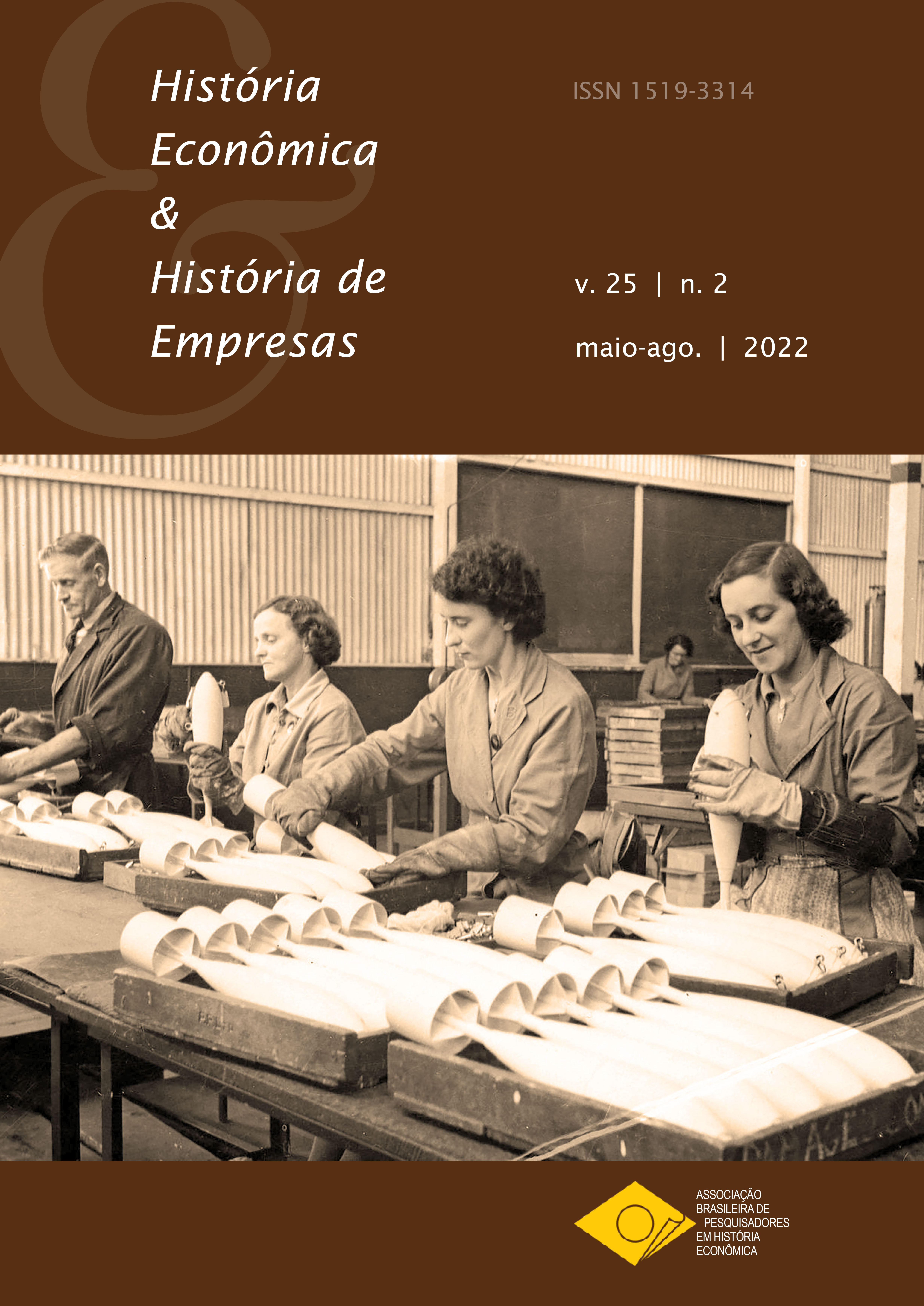Electric Camelot: An Economist Visits King Arthur’s Court
DOI:
https://doi.org/10.29182/hehe.v25i2.827Abstract
Mark Twain wrote the book A Connecticut Yankee in King Arthur’s Court (1889) as a way to reflect on the changes happening in the so-called “Gilded Age” of the United States. The book tells the story of Hank Morgan, an engineer who found himself in the 6th century England, when King Arthur led the Knights of the Round Table in Camelot. Hank tries to industrialize England twelve centuries before, using his knowledge of technology and culture. His project of an Electric Camelot, however, suffers many problems and fails. The novel is relevant for economists because it deals with many topics of interest, such as entrepreneurship and economic development. The literature in the “syndrome of the visiting economist” identifies many problems in the development aid process of a country due to a series of factors, including even arrogance and naivety of the economic models, but that are present when dealing with different contexts. It is argued that these problems have been discussed by Mark Twain, who had interest in the nascent neoclassical economics, in the referred novel. In spite of Hank being an engineer, his trajectory resembles a visiting economist. Thus, the book is a tool to explore problems and challenges of economic development through fiction.
Downloads
Downloads
Published
How to Cite
Issue
Section
License
Os autores mantêm os direitos autorais sobre o trabalho, concedendo à revista apenas o direito de sua primeira publicação. Além disso, têm autorização para assumir contratos adicionais separadamente para a versão do trabalho publicada nesta revista, desde que reconhecida a publicação inicial neste periódico.





